Five ways David Cameron messed up by ruling out a third term and THE reason why he said it
Has the Prime Minister thrown the Conservative party's election campaign into jeopardy or made a calculated move?
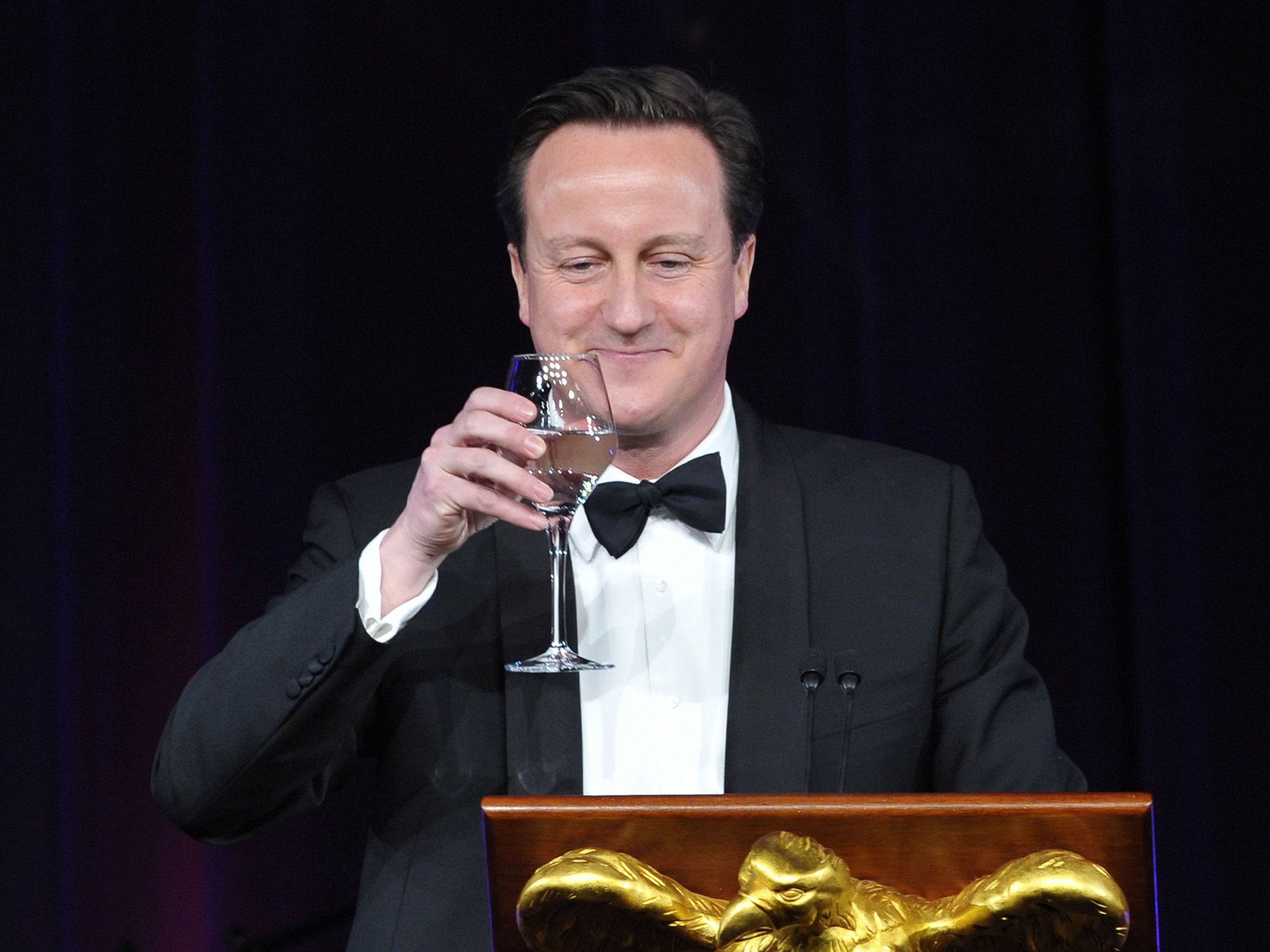
By ruling out a third term as Prime Minister, David Cameron has either made a massive gamble or a huge off-the-cuff mistake that could turn out to be a game-changer with less than a week before the election campaign starts in earnest.
Here are five reasons why he has messed up, followed by THE reason why he said it.
1. He looks arrogant and presumptuous
He has ruled out serving as Prime Minister beyond 2020 before he has even won in 2015, making him appear arrogant and inviting claims he is taking voters for granted.
Cameron has faced ‘chicken’ comparisons for weeks now over his refusal to take part in a head-to-head TV debate with Ed Miliband and now he will face even more poultry accusations.
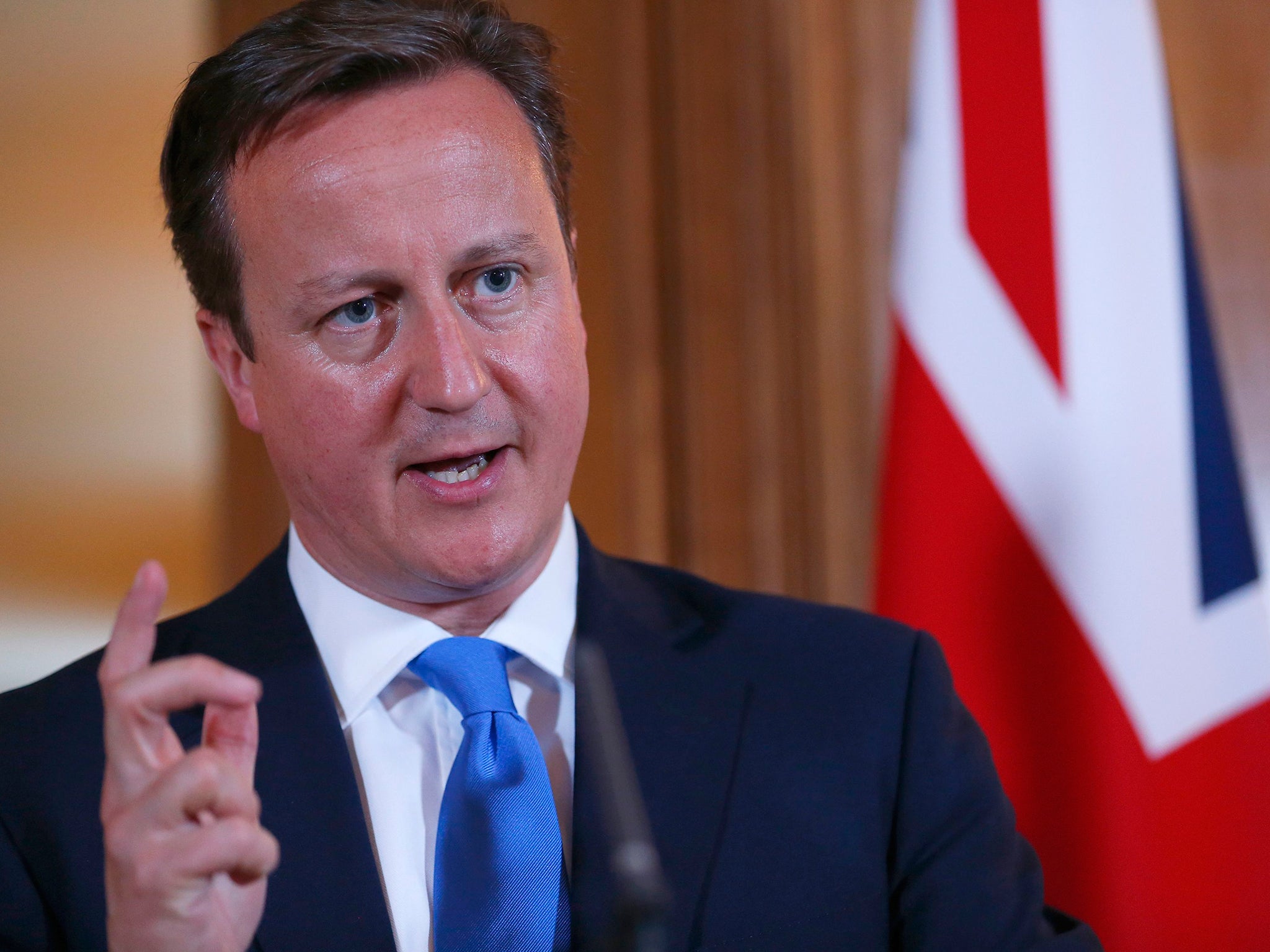
“You’ve counted your chickens before they’re hatched,” will be an easy attack line for the Labour leader at the last Prime Minister’s Questions tomorrow.
Now Cameron looks disrespectful compared to his rival Ed Miliband, who has consistently refused to confirm whether members of his shadow team will take on the equivalent roles in government, such as Ed Ball as Chancellor for example, in fear of coming across as presumptuous.
Cameron’s curtains are already measured in Downing Street but he now looks like he’s ordered a fresh set ready to put up on May 8.
2. He has repeated Tony Blair’s fatal mistake
It is widely believed that by insisting he would serve as Prime Minister until 2020 but no further, Cameron was trying to dismiss suggestions he would stand aside after winning an EU referendum in 2017.
But in doing so he has repeated exactly the same mistake Tony Blair made in 2004, when he said he would not seek to stay in No 10 for the whole of a third term.
This badly-judged decision sapped all authority from Blair’s premiership and handed the initiative to Gordon Brown.
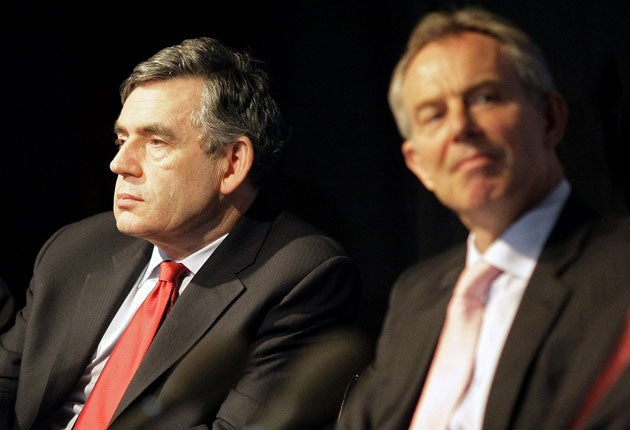
There is not the same kind of certainty over the next Conservative leader but if Cameron does return to Downing Street in May, he runs the risk of his remaining premiership – and his whole government – being overshadowed by the race to succeed him.
3. He has started the firing gun in the race for next Tory leader
Boris Johnson, George Osborne and Theresa May will have one eye on the impending leadership election.
They already knew there was a chance of a leadership contest following the election but now they know for definite.
There is a real danger now that all three of the name-checked contenders will be distracted throughout the election campaign and will have one mind on what would be best for them to say and do in the context of a leadership race.
They will want to look like their own person rather than be forced to repeat the same, boring, “long-term economic plan” phrases.
This will hardly help the campaign to re-elect David Cameron as it risks his most senior politicians going off message in a campaign where Lynton Crosby, the party’s election chief, wants a firm sense of discipline in order to present a united front.
4. He has snubbed anyone who isn’t called Theresa, Boris or George in the Tory party
Being tipped as future leaders by the Prime Minister is great for Theresa May, Boris Johnson and George Osborne, but anyone else in the Conservative party who was hoping to run as leader now faces an uphill task.
The likes of Sajid Javid, Elizabeth Truss, Nicky Morgan, Liam Fox and any outsider (like Cameron was himself in 2005) will feel they have been snubbed by their leader.
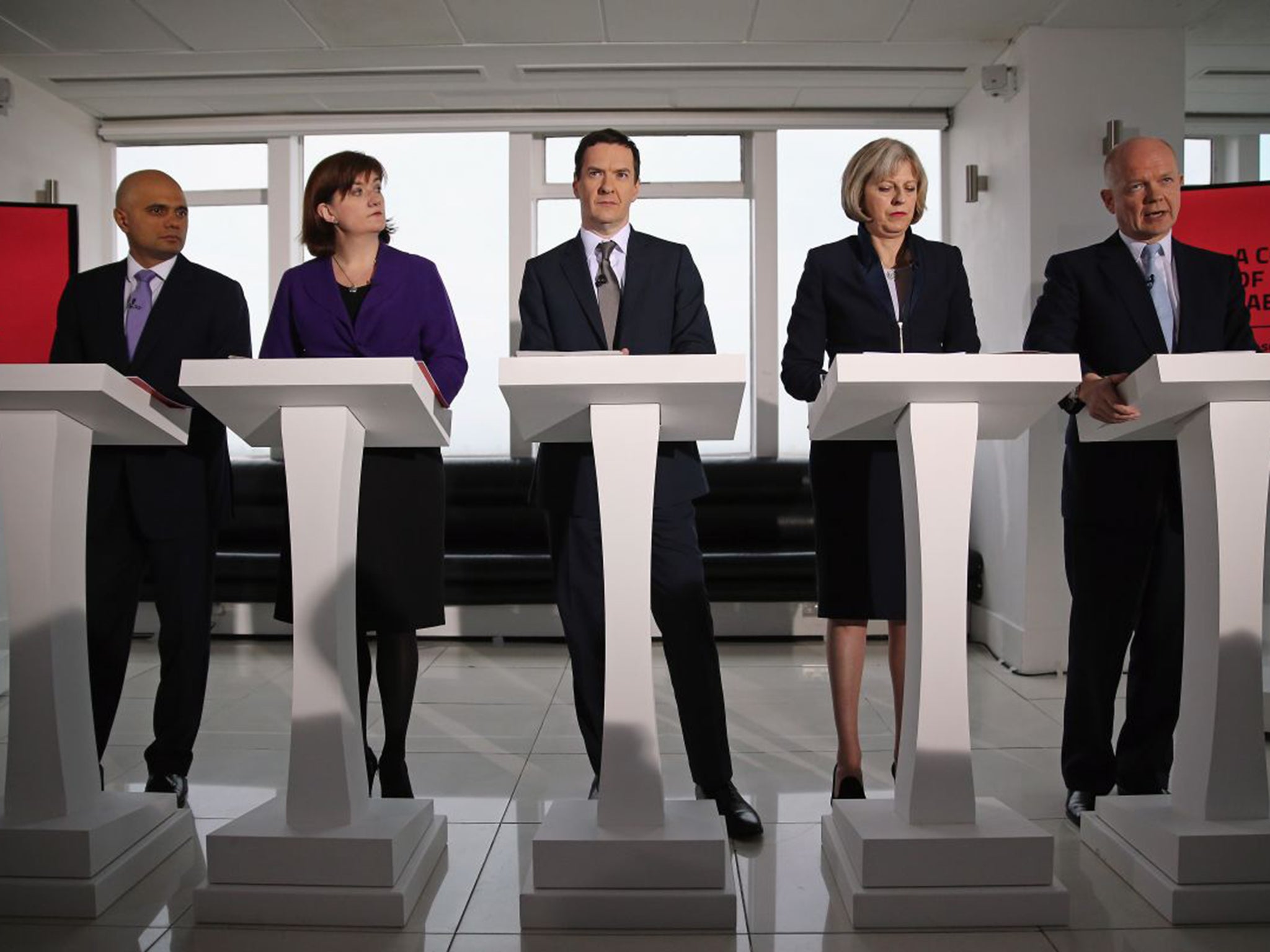
This could coax one of them into going a little rogue, upset at the apparent slight from Cameron, potentially putting party discipline in jeopardy.
5. It overshadows the Conservative’s election campaign in one of the tightest races in history
The Tories are neck and neck in the polls with Labour and both of the party’s leaders have been looking for a game changer.
There is a massive danger for Cameron that this announcement has handed a huge advantage to Miliband on the eve the general election campaign.
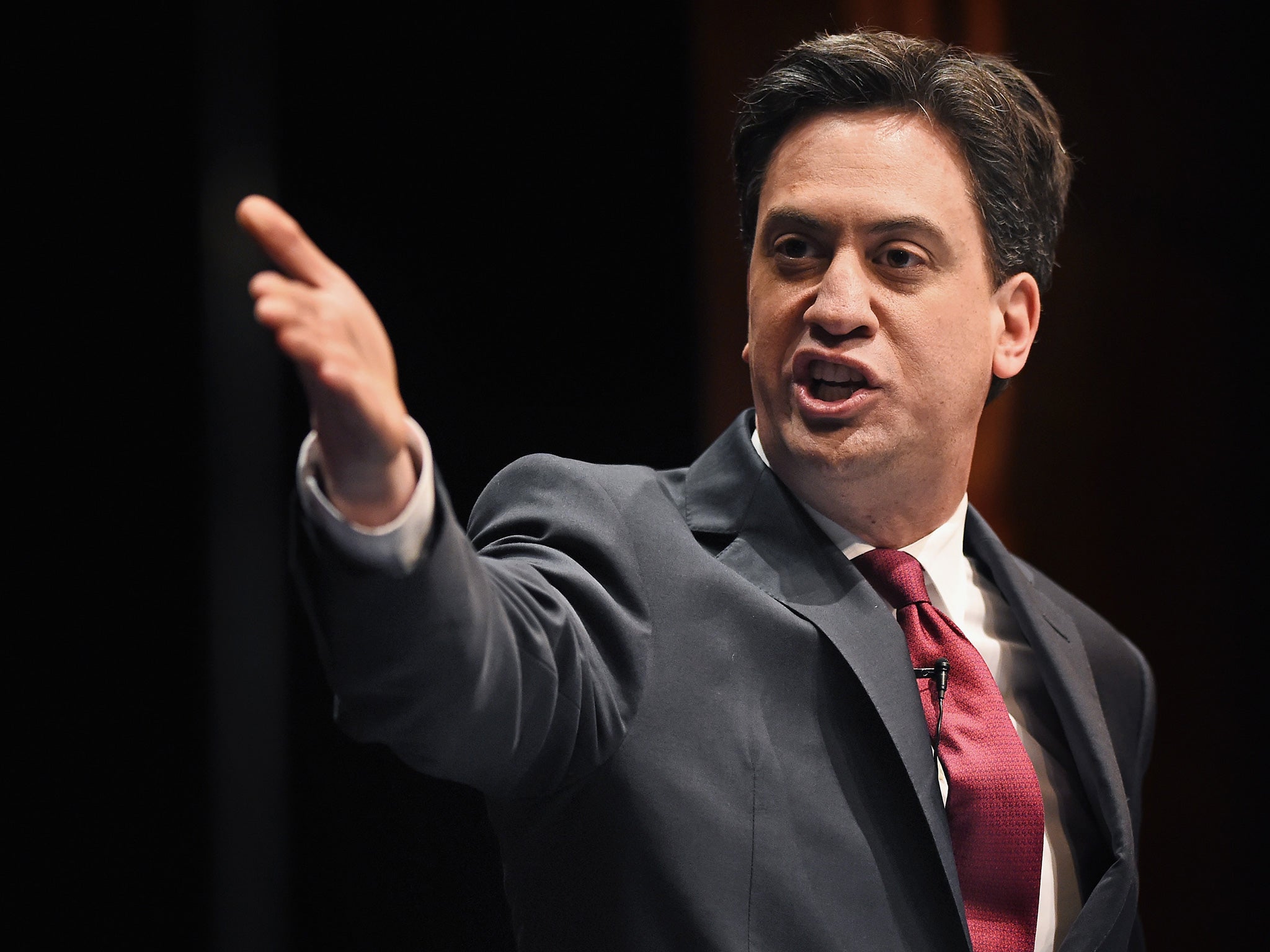
The Labour leader will now have plenty of ammunition to fire back at all the questions about the SNP holding him to ransom, about him appearing like an out-of-touch metropolitan elite or someone who can’t even eat a bacon sandwich.
He will now come across a lot more modest and humble compared to Cameron.
The reason why Cameron has ruled out serving beyond 2020
By ruling out a third term David Cameron was trying to dispel the growing expectation within the party that he would move aside after leading a successful renegotiation of Britain's membership of the EU and winning the subsequent referendum.
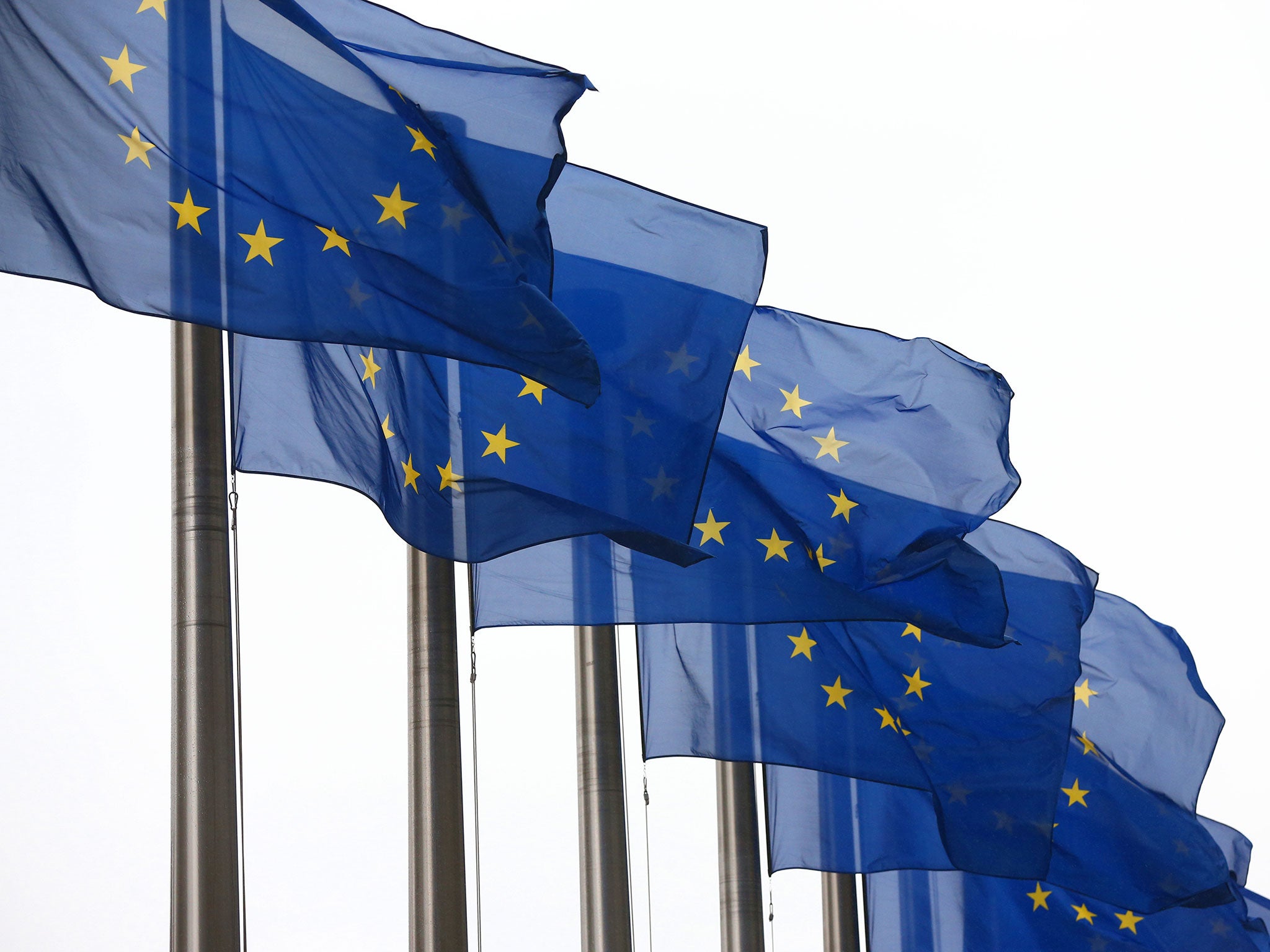
He was hoping that his firm, unequivocal response to the question 'Will you serve a full term?' would send out a clear message to those gunning for his head.
Instead everyone is talking about the flip-side: him ruling out the possibility of continuing as Prime Minister post-2020.
Whether he meant it or not, Cameron has also offered his party some potential benefits from his comments.
Both stability and change are attractive to voters. Cameron has offered change within stability – offering voters a glimpse of what a post-Cameron Tory government might look like. Voters also now know they won’t be stuck with Cameron forever and they can vote for the Conservatives but still get change.
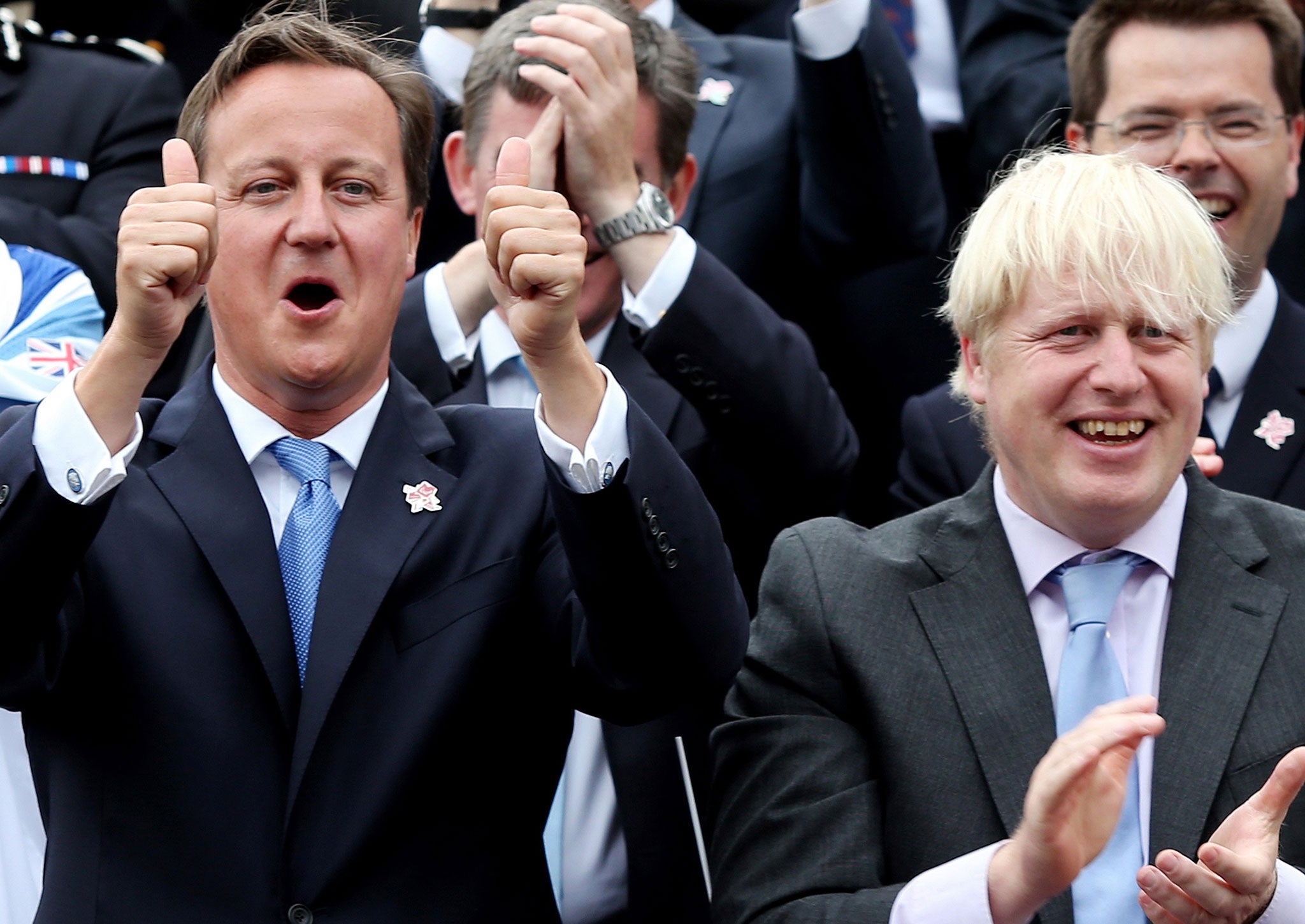
By name-checking Boris Johnson, he offers excitement to voters, by name-checking Theresa May he keeps many Tory activists happy and by name-checking George Osborne, it keeps him very much on side in Team Cameron, rather than running the risk that George Osborne goes rogue at Number 11 and undermines him, just as Gordon Brown did to Blair.
Finally, it may have been a move to stave off an immediate leadership challenge in the event that the Tories fail to win a majority at the election but remain the largest party and Cameron decides to lead a minority government.
He will be able to say he is prepared to hand over the reins after a few years of leading a minority administration.
Join our commenting forum
Join thought-provoking conversations, follow other Independent readers and see their replies
Comments
Bookmark popover
Removed from bookmarks